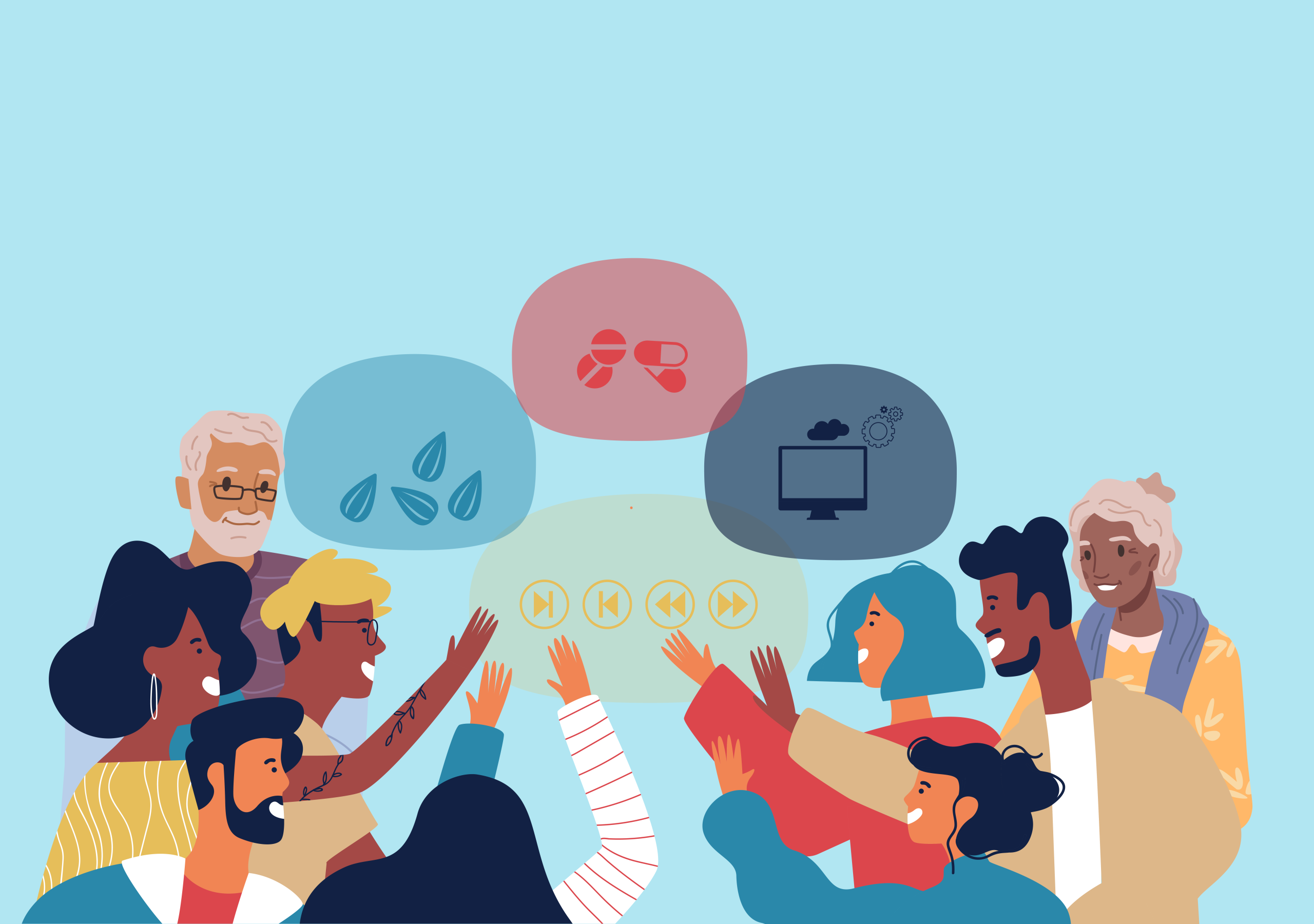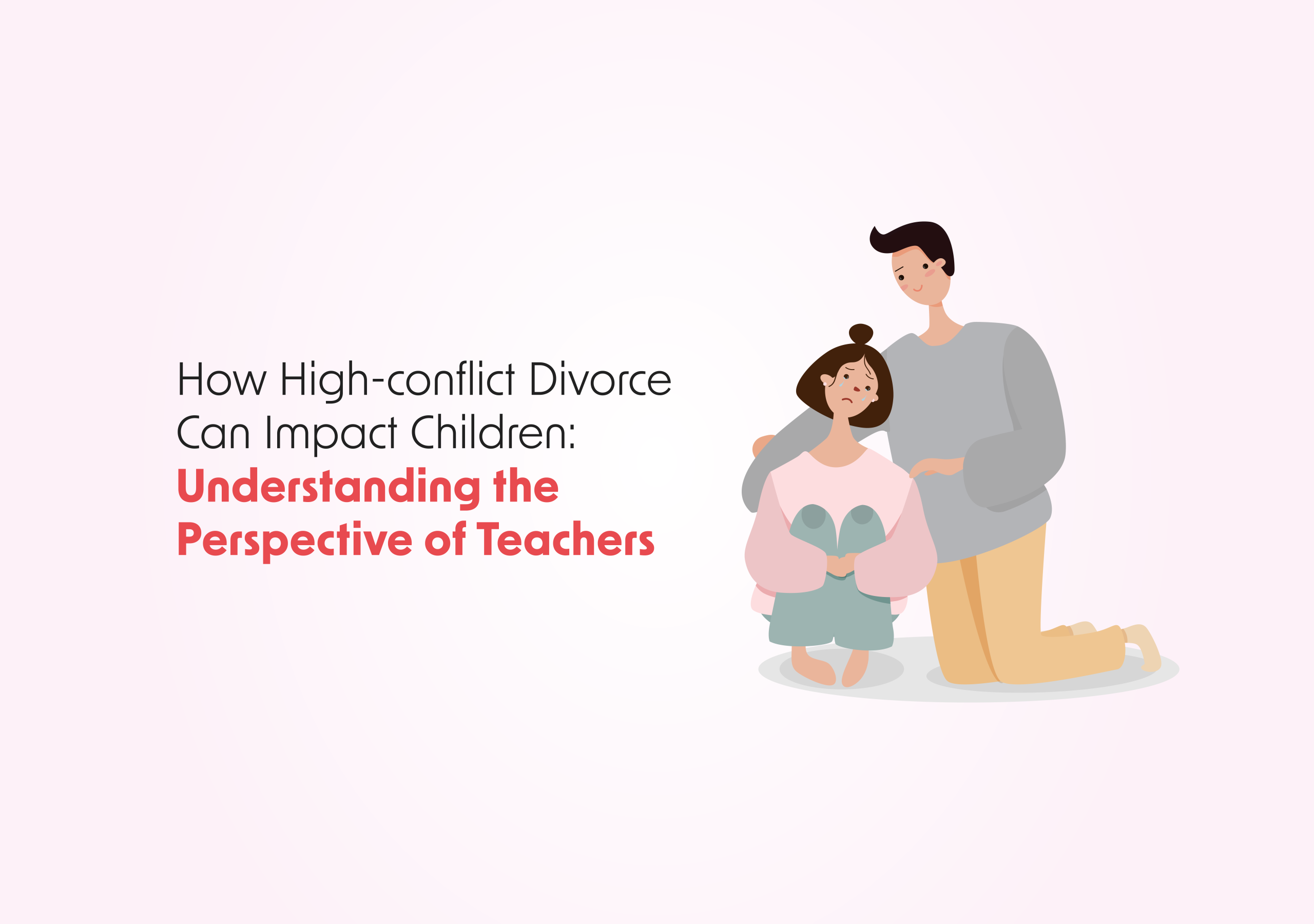In a recent paper, Professor Bertrand Guillotin and Julianne Sellin of Temple University discuss the difficult decision demanded of international companies operating in Russia at the beginning of the Ukrainian invasion. They explore this using the case study of Auchan, an international grocery retailer that had invested huge amounts of resources into the Russian market and had a tough decision to make. More
The Russian market has always been high-risk, high-reward.
After the fall of the Soviet Union, foreign companies quickly saw exciting opportunities in the Russian market, as local companies could not satisfy demand and the economy was opened up.
The country is large and in a fantastic strategic position between Europe and Asia. While it has a smaller population than the other BRICS countries, it has always been amongst the wealthiest.
In particular, Russia has been a positive landscape for retailers. The total revenue for grocery retail within Russia in 2020 was 252.4 billion dollars. This was still growing and the country was projected to be the 8th largest grocery retail market in the world by 2022. Digital innovation was also providing new growth opportunities through self-checkouts, cashless payments, electronic labelling systems, and mobile e-commerce.
However, the Russian market was also hard to navigate. Political risk was consistently high due to corruption and concerns around the rule of law, transparency and access to credit.
Auchan is one of the international retail companies that has experienced both the ups and downs of the Russian market.
Established in France in 1961, Auchan began as a local business in northern France. It quickly grew regionally and nationally, opening their first hypermarket in 1967 and pioneering European malls in 1969. By the 1970s, it had stores across the entire French territory and had become a key player in the retail industry. Over time, it remained stable, comfortably maintaining its position in the top five French grocery retailers, with an average 10% market share.
Auchan also expanded internationally. While France remained its biggest market, it has operated in thirteen countries in three continents. It first opened stores in Spain, under the brand Alcampo, later investing in neighbouring Western European markets. By the millennium, it had expanded to Asia, Eastern and Central Europe, and Africa. This put the company at the top of the global grocery retail industry, despite losing some momentum in recent years.
Auchan moved into Russia relatively early, in 2002. As one of the first foreign players in Russia, it had a first mover advantage.
The company invested a significant amount of time and money into the market, working hard to understand its customer base. It invested in and relied upon local suppliers to guarantee low prices and to secure procurement even through waves of sanctions.
It was successful at first, beating out much of its competition. However, it became weaker in subsequent years, in the face of new customer demands, competitive dynamics and geopolitical tensions.
For example, the Ukrainian revolution in 2014, which led to the annexation of Crimea, triggered international sanctions against Russia. These sanctions, along with a drop in the price of oil, led to soaring inflation and a plunge in the Russian GDP.
The subsequent financial issues affected many companies operating in Russia, including Auchan. Retailers saw stock prices, sales and profits drop, and some stores had to close. Nevertheless, there was no mass exodus and most international companies maintained their foothold in Russia.
Despite the decline of its position in the industry, Auchan’s goals in the country remained ambitious. Investment budgets increased and new stores and plants were opened in 2016 and 2017.
By 2018, there was market saturation of supermarkets in Russia. Fragmentation still existed and the grocery retail market was dominated by local companies and brands. After COVID, habits changed, and hypermarkets continued to decline.
Auchan, along with many other companies, was forced to invest more in e-commerce. Another planned priority for the company would be to develop their ultra-convenience stores, a small-to-medium urban format that differed from their traditional suburban supercentre style.
Despite new financial sanctions between 2019 and 2021, Auchan continued their investment of hundreds of millions of euros. By 2021, this had paid off. They had around 30,000 employees, operated 230 stores, and an estimated 30% of Russians did their in-person grocery shopping at their stores.
Auchan presented their 2021 financial results just after the invasion of Ukraine by Russia. Although their figures were disappointing in France, in Russia a long-awaited turnaround had occurred. However, the mood wasn’t celebratory.
Making the announcement, the CEO stated his support for Ukrainian and Auchan’s Ukrainian staff members. A few days later, Russian individuals and companies were slammed by unprecedented international economic sanctions. Moscow’s major financial institutions were effectively denied access to Western markets and international trade was severely disrupted.
Foreign companies, including Auchan, were put under considerable pressure to consider their positions in the country. Now they had to decide – should they remain in, or exit, the Russian market?
More than 300 companies suspended or scaled down their Russian operations within two weeks. For Auchan, this was a difficult decision to face. After 21 years in the country, should they stay the course under international pressure or leave a market that had only recently recovered?
Staying would risk market uncertainty and massive reputational damage. They had already received threats of boycott, protests, and accusations that they were supporting an authoritarian regime.
Exiting would mean losing the huge investments they had put into the Russian market and reducing their value to stockholders, many of whom were their Russian and Ukrainian employees. It would also mean that many of their ordinary Russian employees would lose their jobs.
Future prospects in the Russian market had to be taken into account, as well as the impact their decision would have on their markets in Ukraine and other Eastern European countries.
The Russian landscape after February 2022 was difficult, and complex to navigate. Auchan had a tough financial, business, and ethical decision ahead of them – which would they choose?







